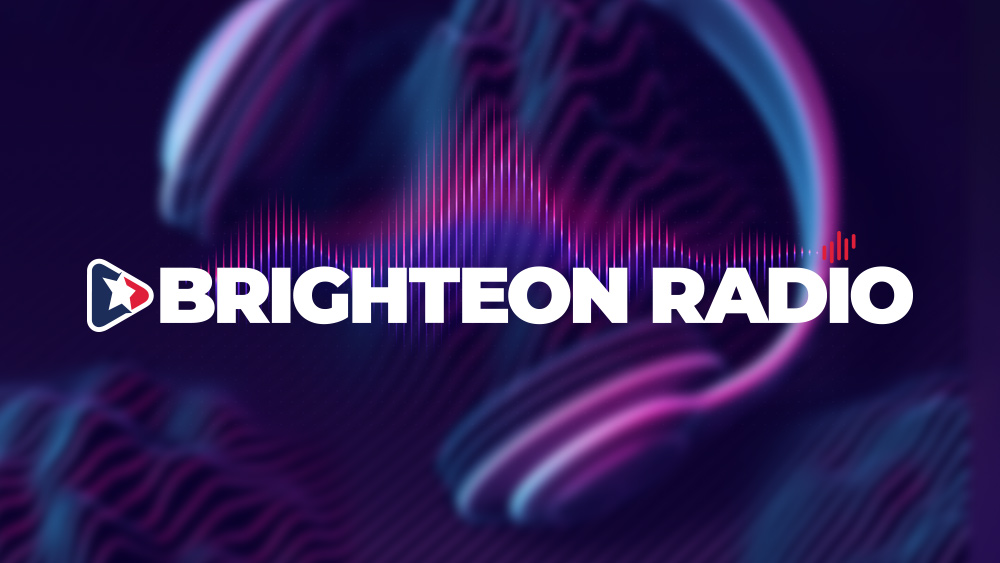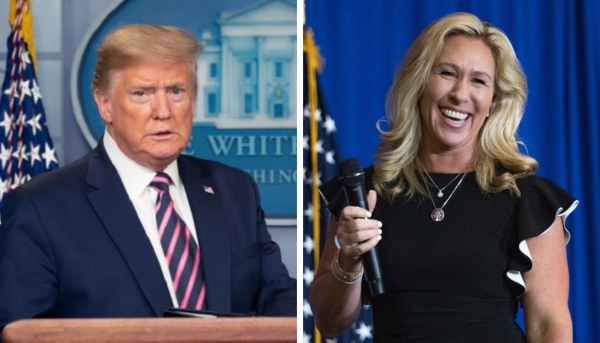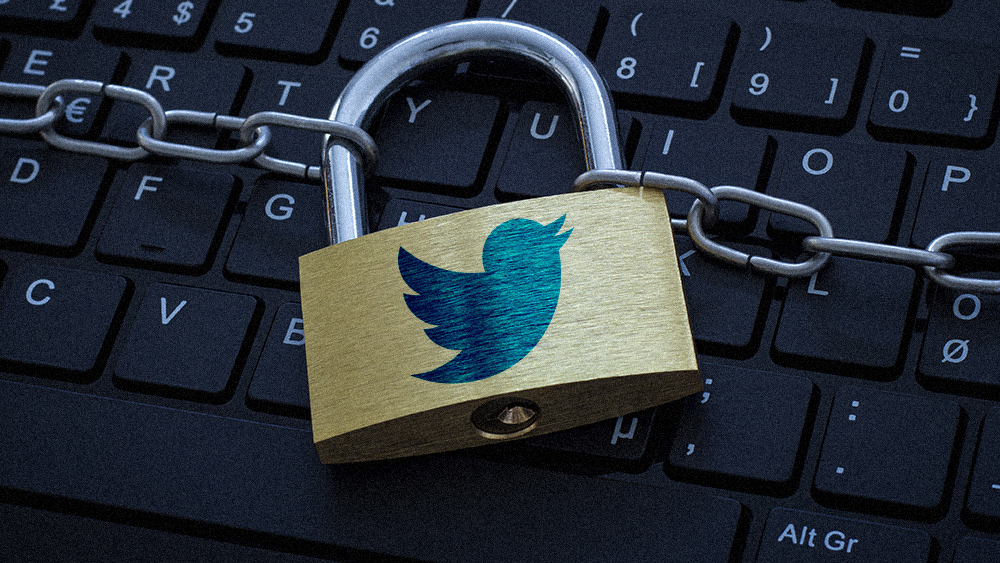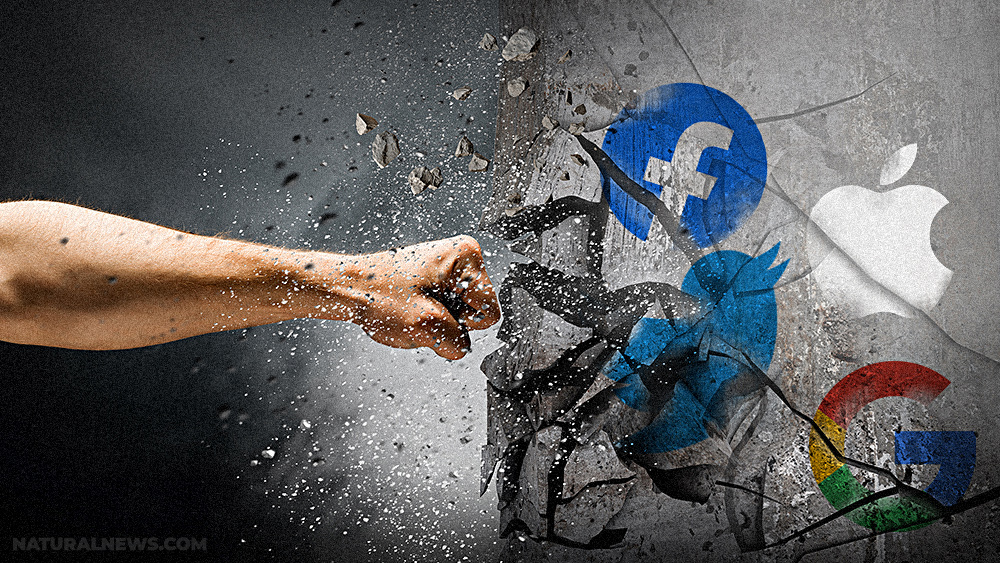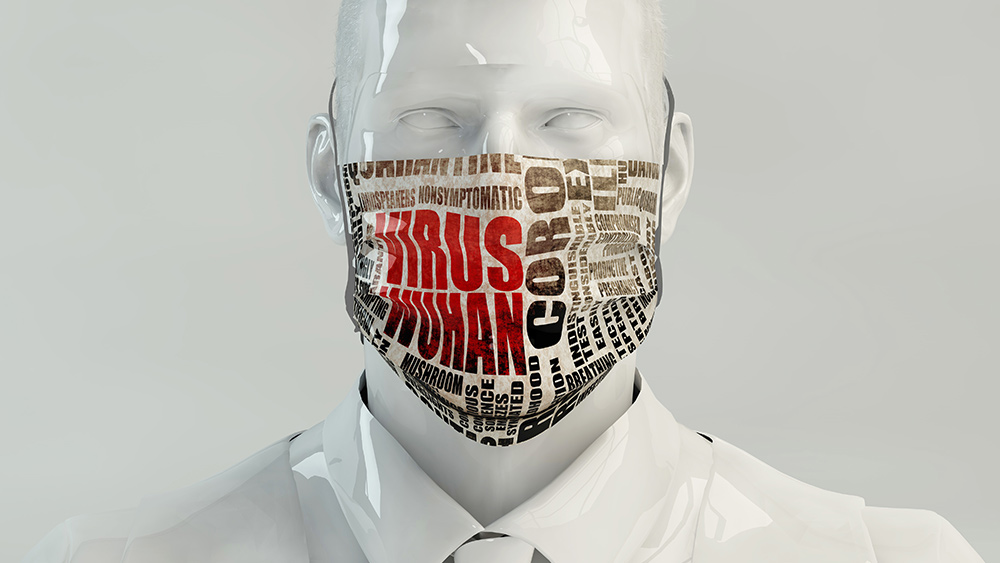TikTok caught tricking teens into “self-diagnosing” rare mental disorders
01/02/2022 / By Ethan Huff

Children everywhere are being programmed by TikTok into believing that they suffer from “rare” mental disorders that require treatment (often with pharmaceuticals).
One young woman named Samantha Fridley told The Wall Street Journal (WSJ) that she was diagnosed by TikTok “influencers” as having depression at the age of 10.
Fridley says she stayed up one night until the early hours of the following morning watching an endless stream of videos about Borderline Personality Disorder (BPD) and other rare conditions such as bipolar disorder and multiple-personality disorder.
“Many of these videos are being made by teenagers or twentysomethings who try to portray themselves as ‘experts,’ but who in fact have no formal experience treating mental illness,” reports Zero Hedge.
“Some encouraged viewers to perform their own self-diagnoses at home, convincing young impressionable adults that they have serious disorders.”
Since children and teenagers often have little else to do, seeing as how the Branch Covidians have locked them all away, masked in self-isolation, many of them are adopting new personas via TikTok that affirm them – even if that affirmation is false and leads them to believe they have rare mental illnesses.
“It’s becoming a problem since young people who manage to convince themselves that they have these disorders might be more tempted to indulge in borderline behavior in an effort to convince themselves, and others, that the diagnosis is legitimate,” Zero Hedge further reported.
“TikTok videos containing the hashtag #borderlinepersonalitydisorder have been viewed almost 600 million times. However, only 1.4% of the US adult population is believed to experience the disorder, according to the National Alliance on Mental Illness.”
Social media is a cancer to society
Multiple-personality disorder, which also goes by the name of dissociative-identity disorder, is even rarer. Only about 1% of the population suffers from it, according to the Cleveland Clinic.
On TikTok, though, nearly every user can potentially be diagnosed with the disease. And many of them are self-diagnosing with the disease, as the hashtag #dissociativeidentitydisorder has been viewed more than 700 million times on the platform.
“Many of the videos feature teens and young adults as they appear to switch from one personality to another,” reports explain.
Some so-called “experts” argue that all of this self-diagnosing is somehow a good thing because it helps to “de-stigmatize” mental illness. The problem is that many of these self-diagnosed children are flooding health care providers with made-up illnesses that they do not actually have.
“We have to convince these kids to release their self-diagnoses but when they leave us, they go right back into that TikTok community which reinforces their beliefs,” says Don Grant, executive director of outpatient services for Newport Healthcare’s teen treatment center in Santa Monica, Calif.
Sadly, many TikTok users actually are getting sick because they use TikTok. Children everywhere, it turns out, are having to be rushed to the emergency room because social media is rotting their brains and leaving them with actual motor skill disorders.
TikTok claims it is working on some “tweaks” for its algorithms to help “protect” teens and children from being over-exposed to content that leads them to believe that they are schizophrenic or have depression.
“I long for the days of dial up corded phones,” wrote one commenter at Zero Hedge. “The days when you knew your friend down the street was available because his bike was out in the yard. The old days when we didn’t have texting. We actually talked to one another. The days when our parents trusted us to go out and play all day and come home for dinner.”
“Those days are gone and it makes me sick.”
The latest news about the toxicity of social media platforms like TikTok (and Facebook and many others) can be found at Propaganda.news.
Sources for this article include:
Tagged Under: Big Tech, CCP, China, Glitch, mental health, Mental illness, mind games, self-diagnosing, Social media, tech giants, teenagers, Teens, TikTok, trick
RECENT NEWS & ARTICLES
COPYRIGHT © 2018 TECHGIANTS.NEWS
All content posted on this site is protected under Free Speech. TechGiants.news is not responsible for content written by contributing authors. The information on this site is provided for educational and entertainment purposes only. It is not intended as a substitute for professional advice of any kind. TechGiants.news assumes no responsibility for the use or misuse of this material. All trademarks, registered trademarks and service marks mentioned on this site are the property of their respective owners.

